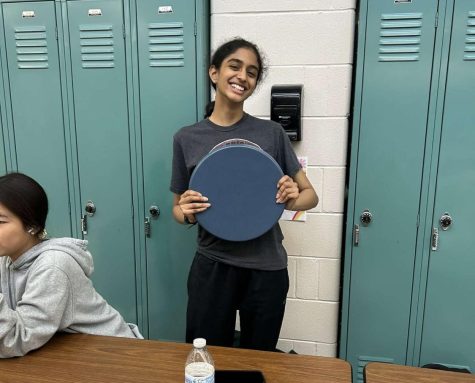PSAT Pressure…the Answers to All of Your Questions
Why should I take the PSAT?
The PSAT is a practice SAT test. Many students will take the PSAT as a practice test for the SAT. Most colleges will require SAT scores when viewing applications, so the PSAT provides a baseline as to where students would be if they were to take the SAT. The PSAT score gives you the opportunity to improve in trouble areas for the SAT, and the ACT if you would plan on taking that assessment.
What is the difference between the PSAT and SAT?
Although both have Reading, Writing, and Math, the PSAT is a shorter assessment compared to the SAT. The number of questions in each section of the PSAT is shorted compared to the sections of the SAT. The SAT also has an optional essay whereas the PSAT only has multiple choices and fill-ins. Even though the score ranges are different, the PSAT is an accurate indicator of student performance on the SAT.
When do my scores come back? How do I get my score?
PSAT scores will be available by December. The section on the answer sheet that includes your name, address, and other information should allow for a report to be sent to you a week after the school gets the scores.
Will colleges be able to see my score?
Colleges will not be able to see your score. They will only see a range of score depending on how you filled out the information on your answer sheet. The colleges only use the score to send promotions and important information regarding the colleges and are not used for admission.
What is considered a good score?
A good score can be interpreted differently. Once the scores come online, looking at the User Percentiles on the College Board website can show you where you stand relative to other students that have taken the PSAT.
Should I study for the PSAT?
Some find it useful to study because they may tend to stress about assessments and want to feel prepared and understand the questions that will appear. Others may opt to take the PSAT without studying in order to get a baseline of where they stand before they improve their scores. Extreme studying is unnecessary for the test, but preparation for the PSAT can be considered beneficial prep for the SAT later on.
National Merit Scholarships
Ava Fuchs Interview
Q: How do you feel about being an NMS Semifinalist?
A: “I feel grateful to have this opportunity and that I have all my friends and family’s support.”
Q: Did you apply to be a Finalist?
A: “I did. I filled out the online application and I wrote an essay. The deadline was pretty close so I was a little stressed, but I thankfully had a Common App essay that I was able to use for my National Merit essay.”
Q: Did you expect it?
A: “I didn’t, but my mom did. She was really excited when she got an email from DWills.”
Q: How do you feel about the process?
A: “It was a lot of waiting. It took almost a year to hear back, even after you get your score. And it takes a couple months to hear if you’re a finalist too.
Q: What do you hope will come from being a Semifinalist?
A: “I hope it will make me stand out in my college applications.”
Q: Did you prepare for the PSAT?
A: “I had a couple of SAT practice sections over the summer so I was pretty prepared to take the PSAT in October.”
Q: Would you recommend studying for the PSAT?
A: “I think that if you’re already studying for the SAT, then definitely study a little bit more for the PSAT. But don’t go out of your way to study for the PSAT.”





